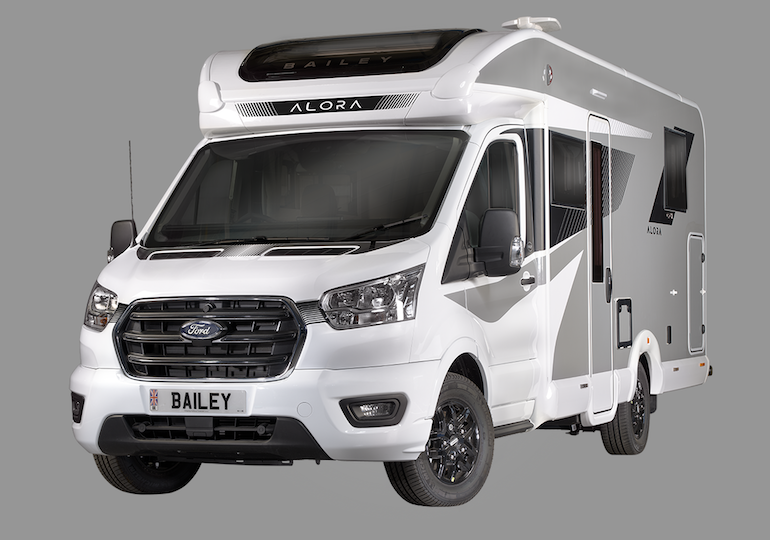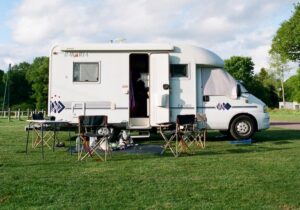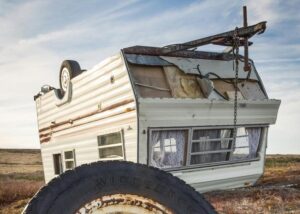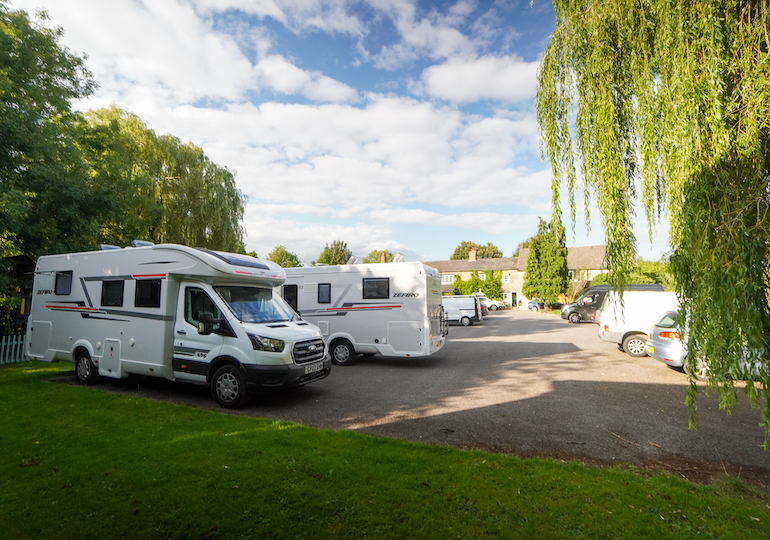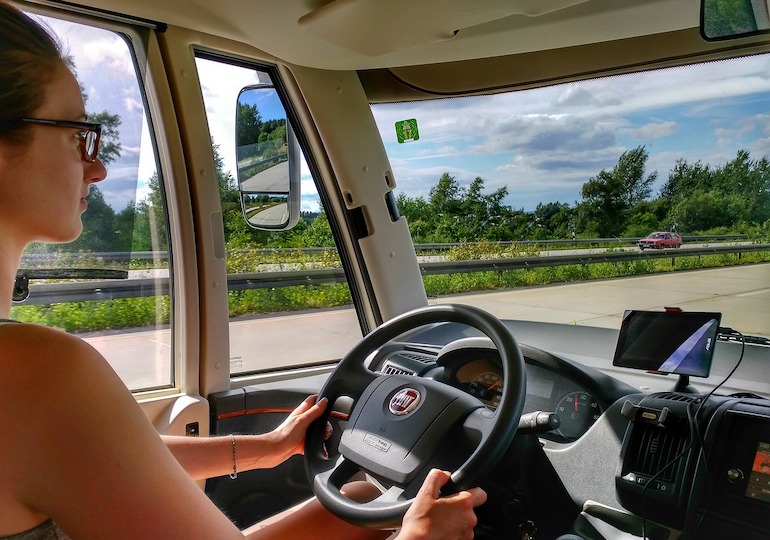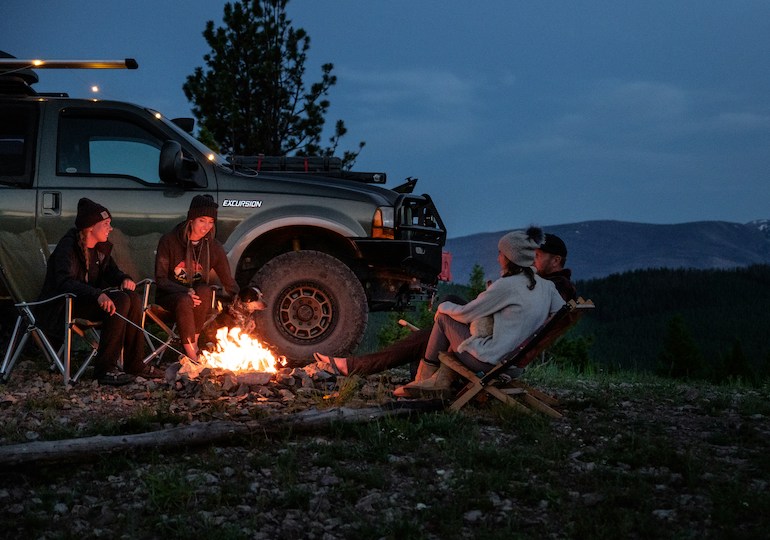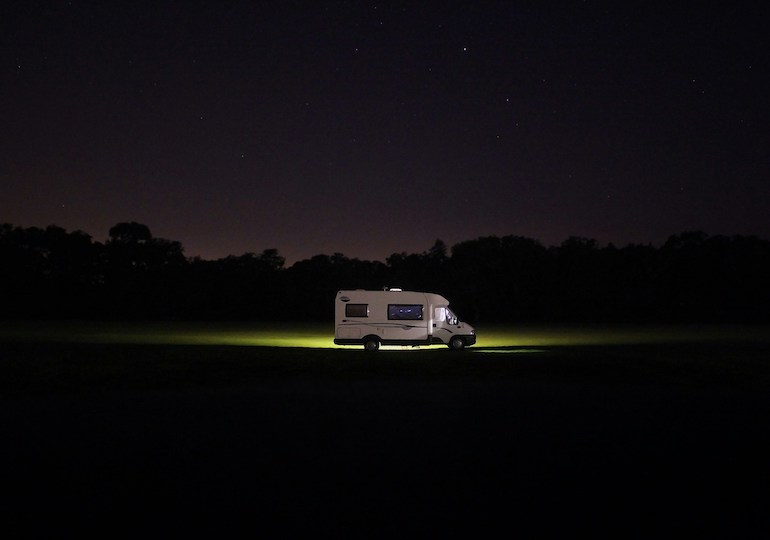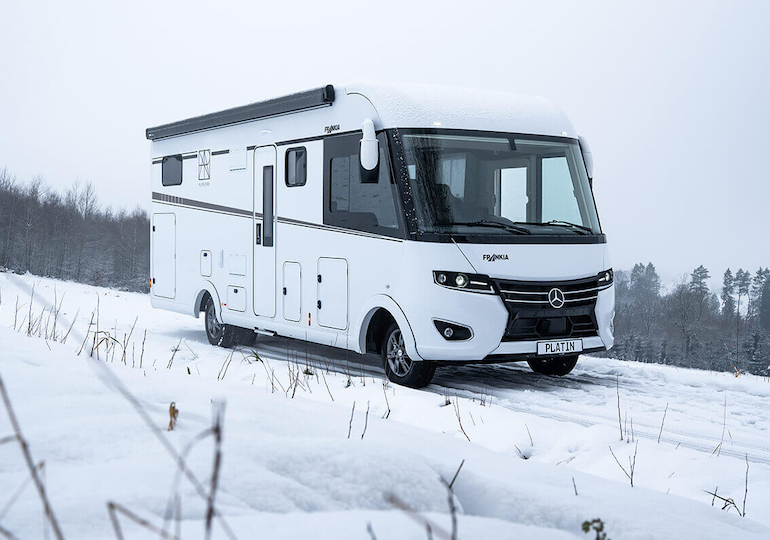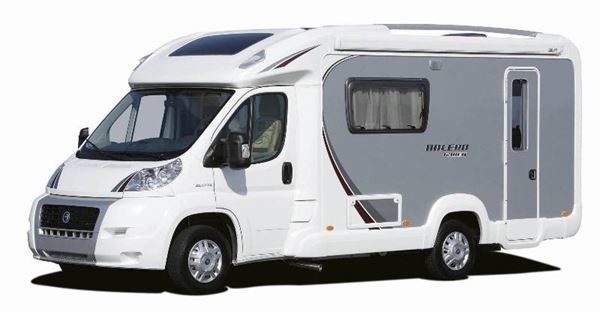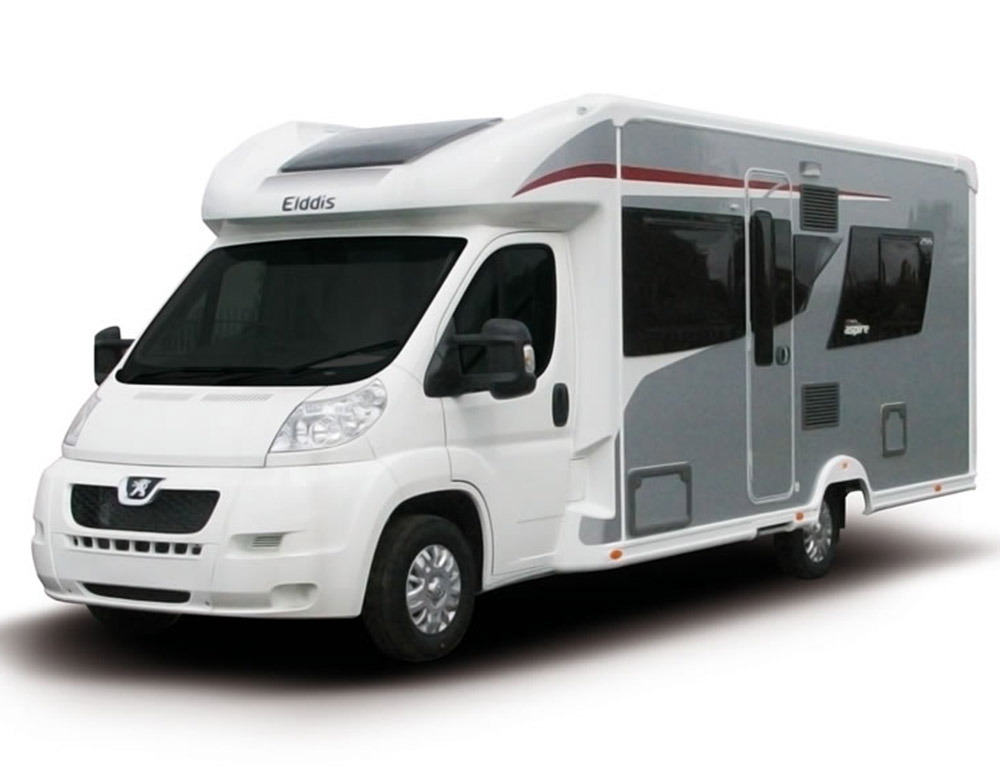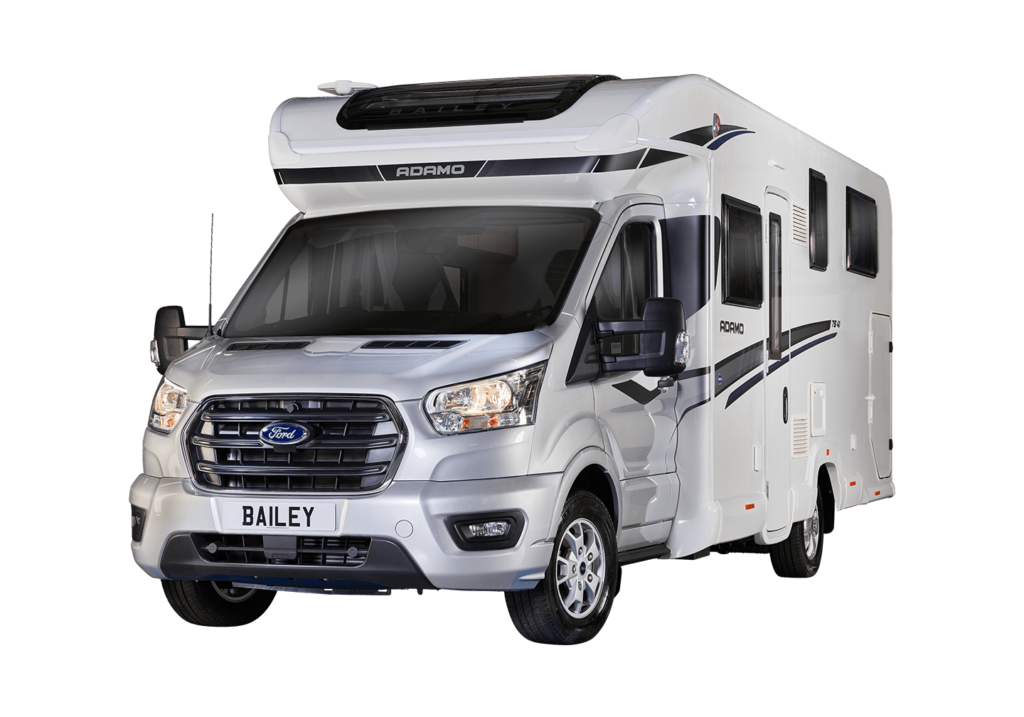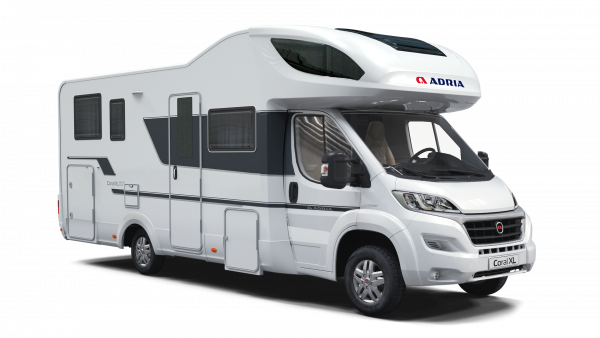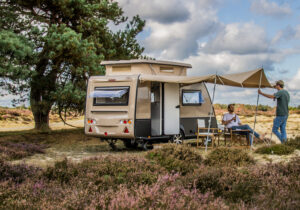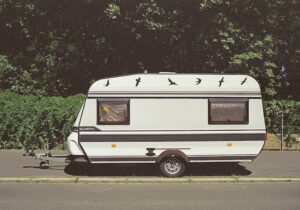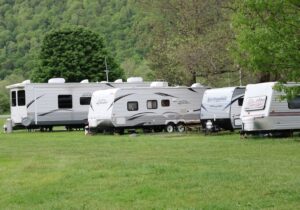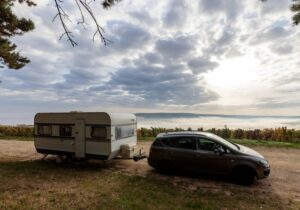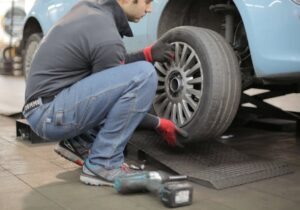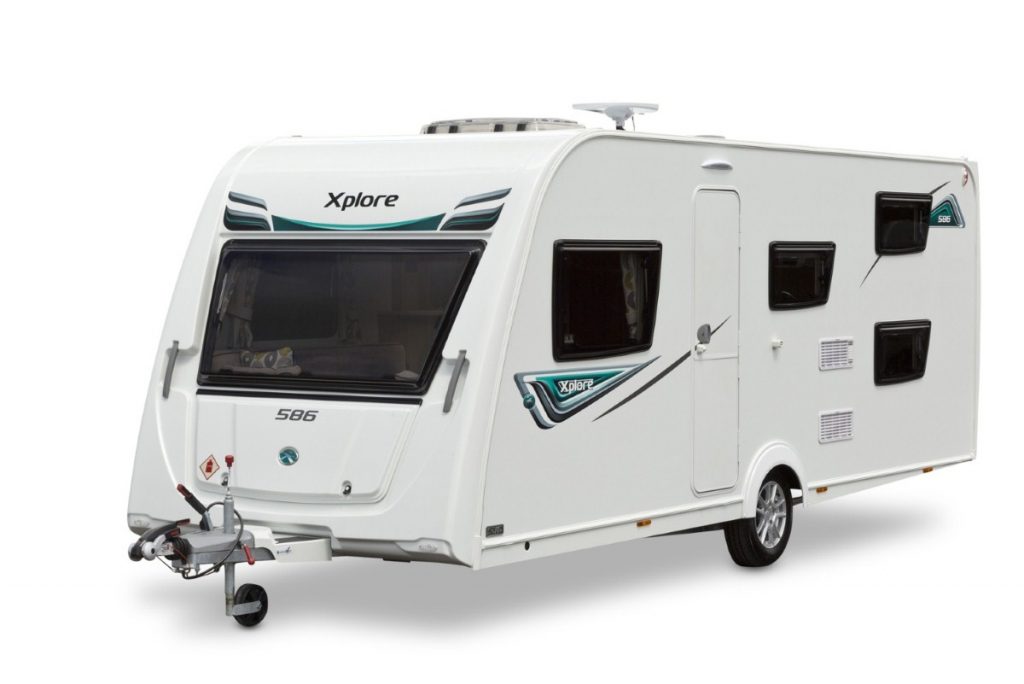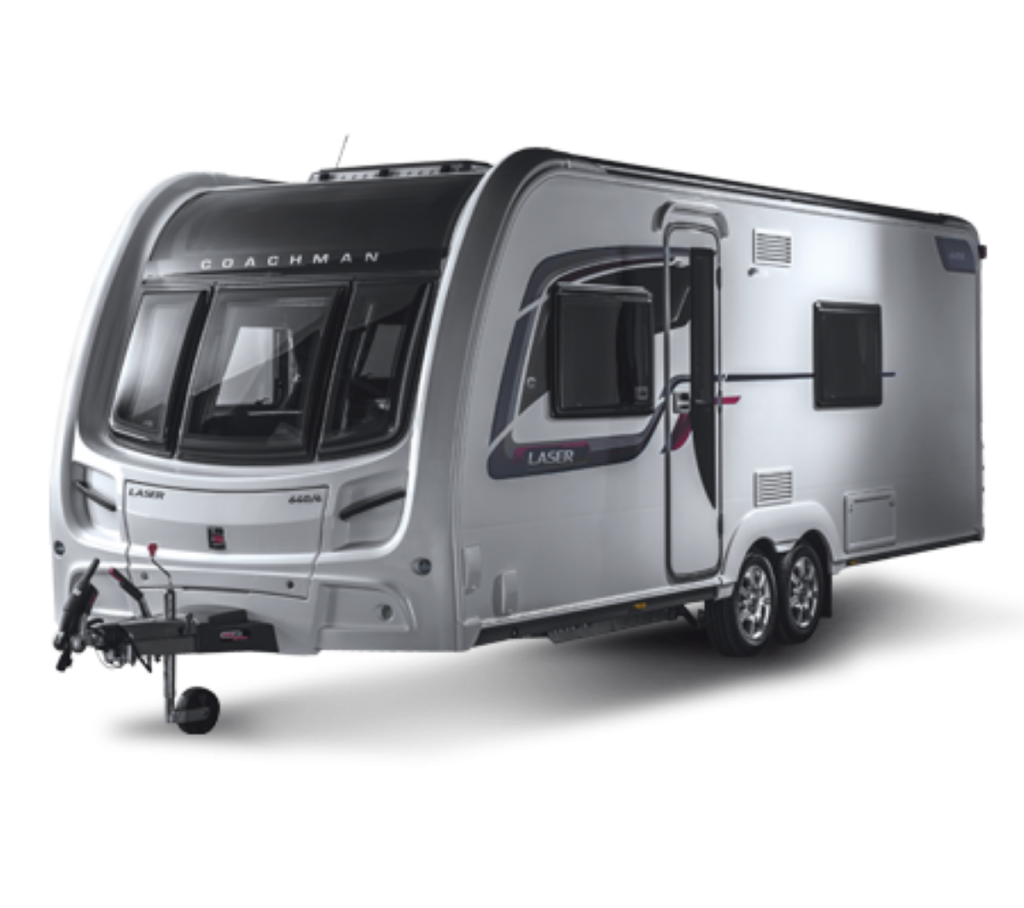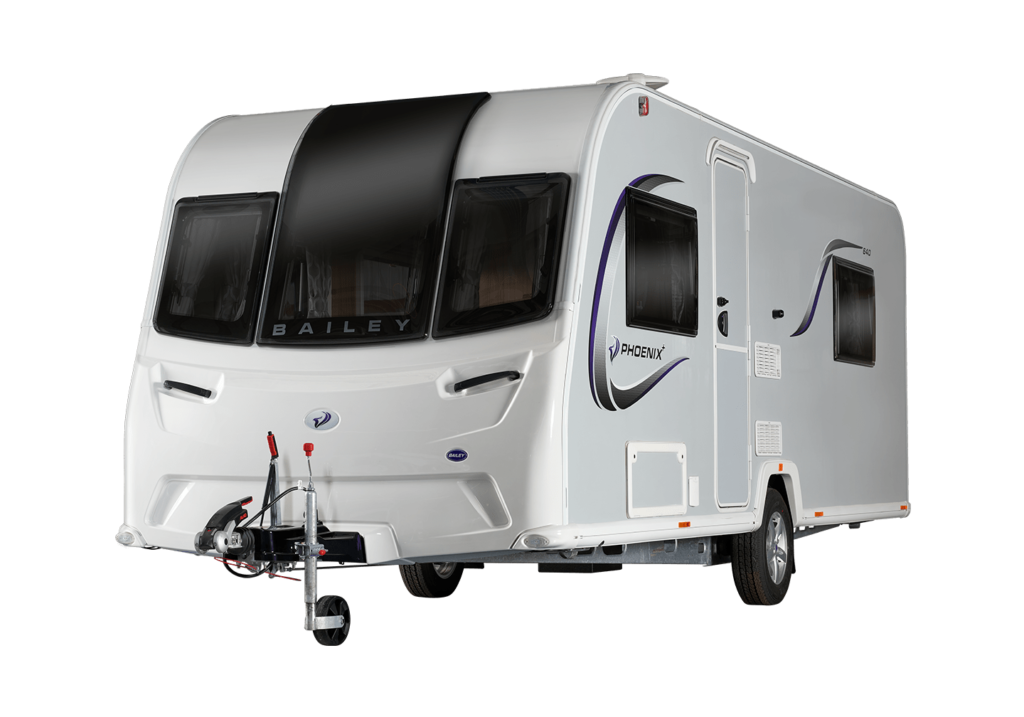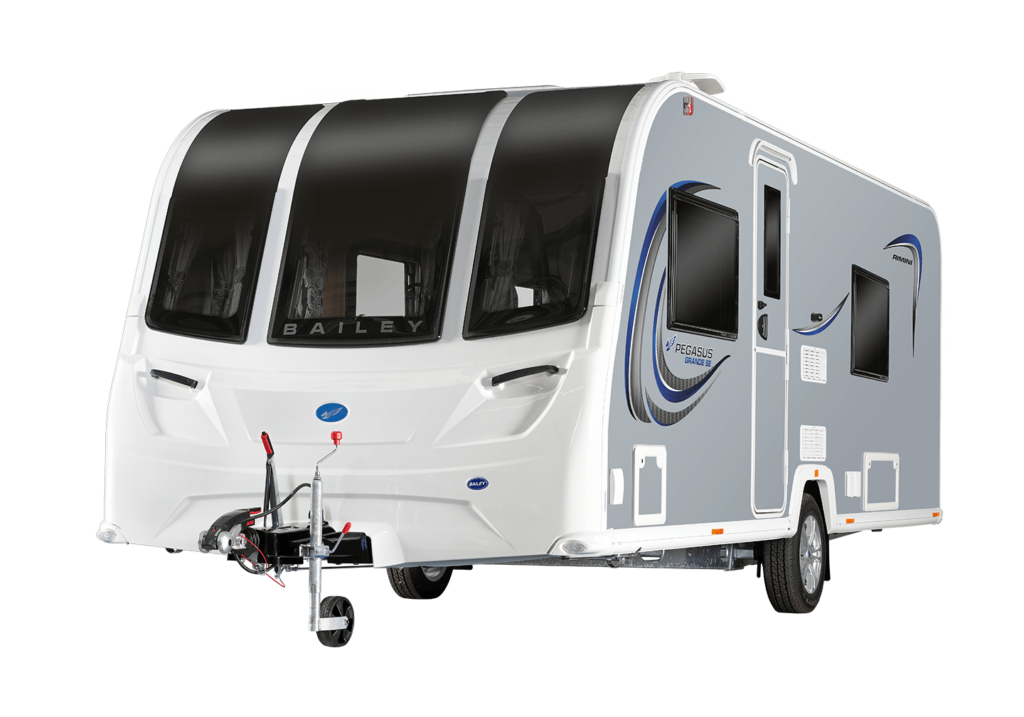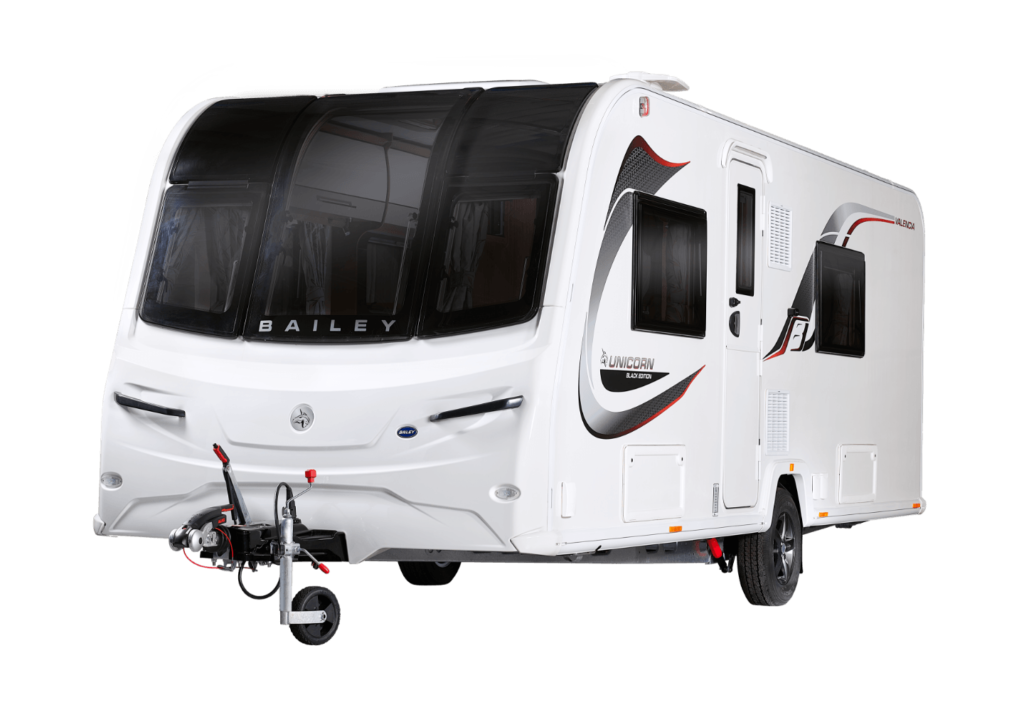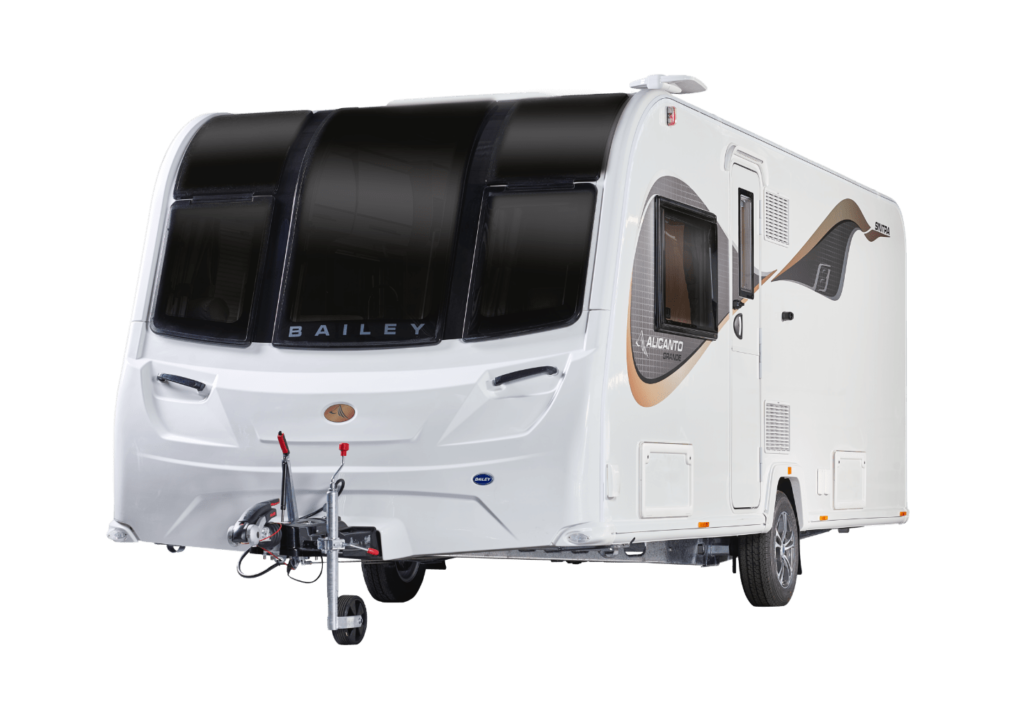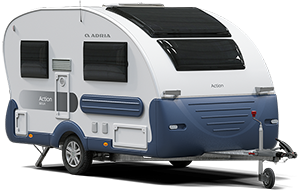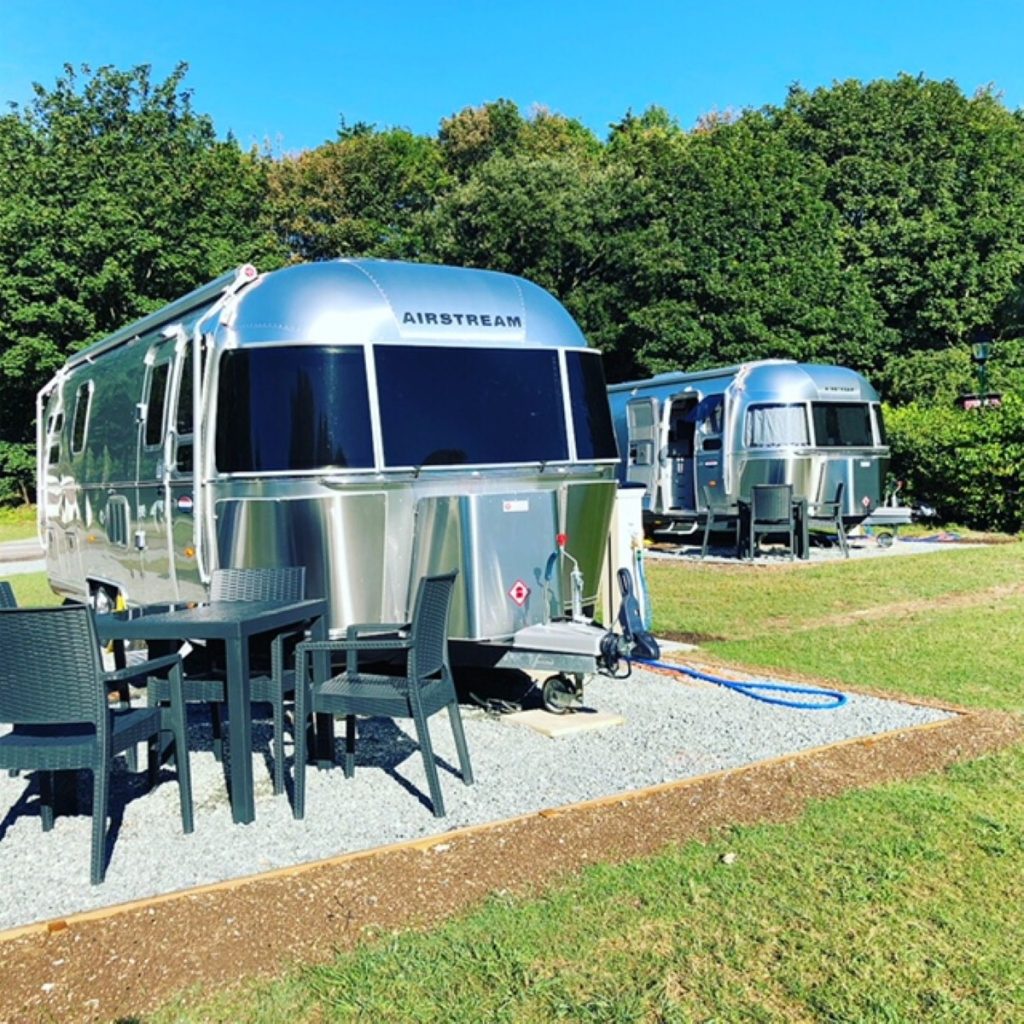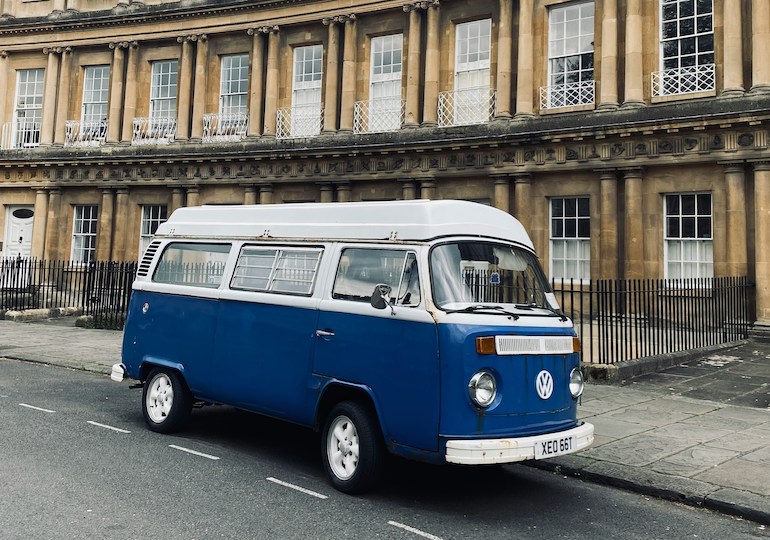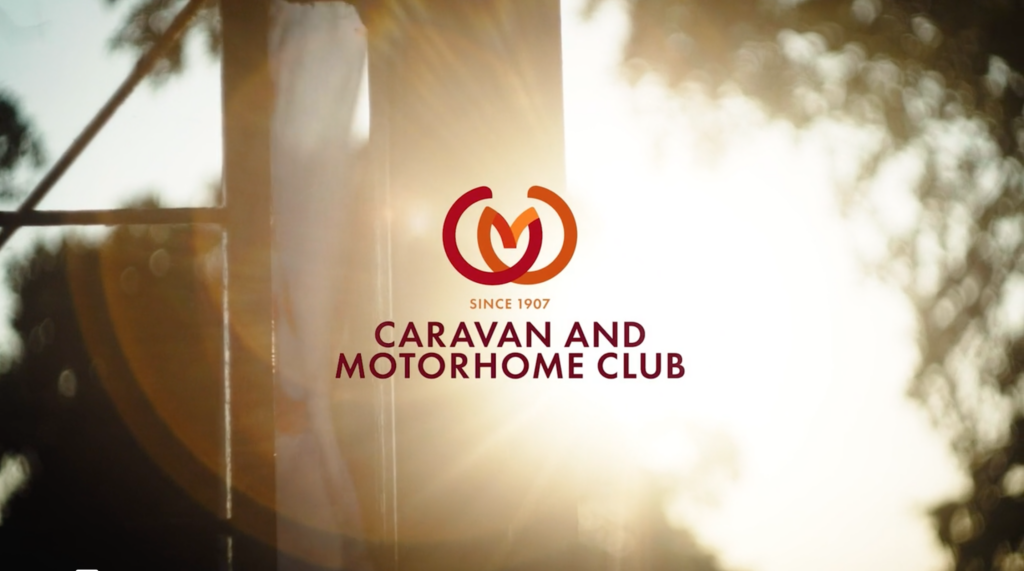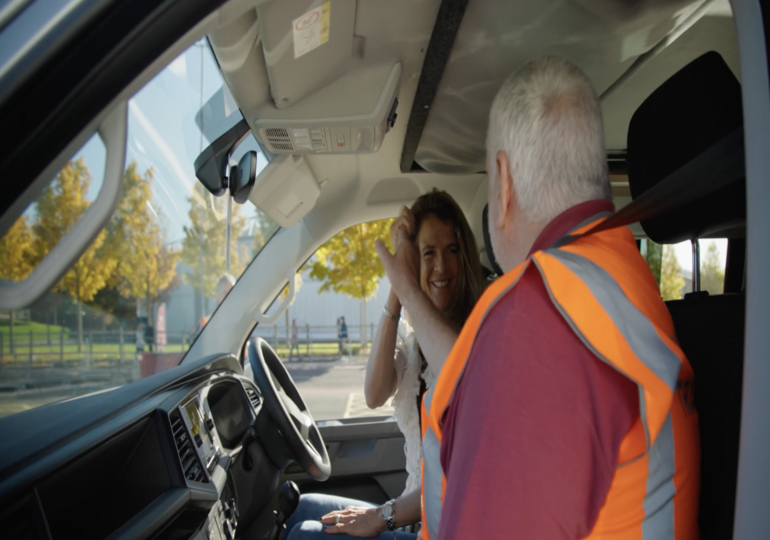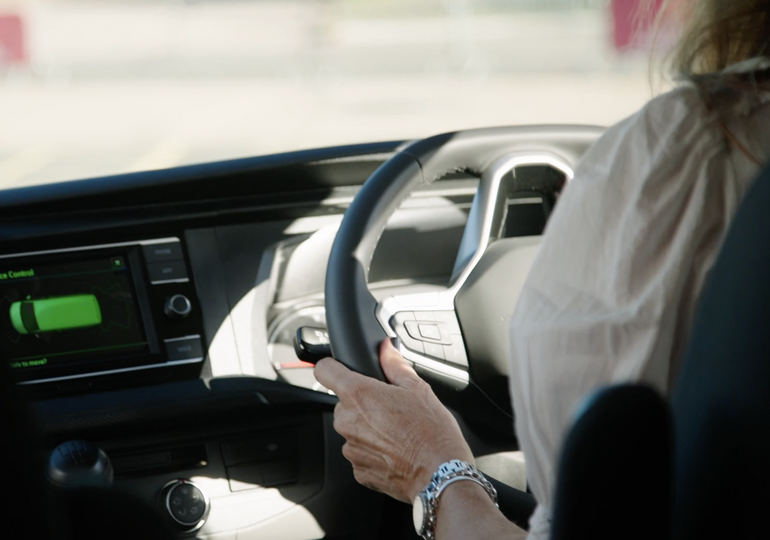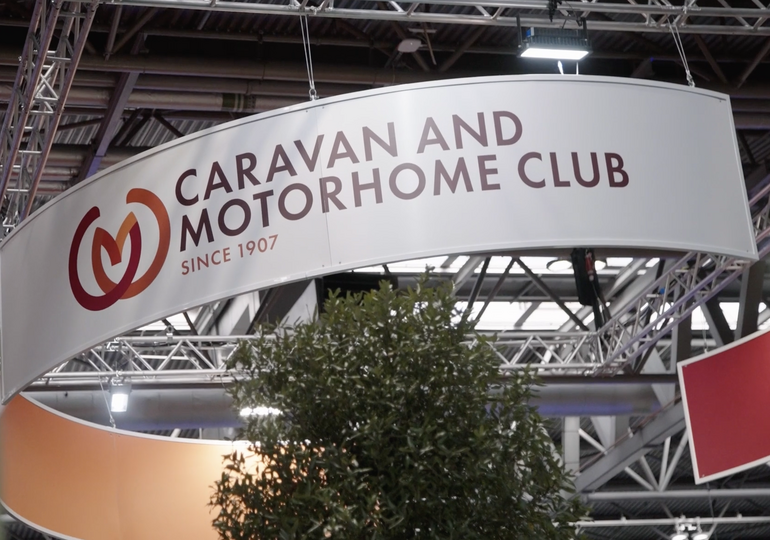Dan Cartwright has over 12 years of experience in the caravan and motorhome industry. He is a judge for a number of prestigious leisure vehicle awards and regularly heads off in his motorhome with his family. Every week, Dan shares his insights with the community. Here’s what he has to say this week.
The CaravanTimes team headed off to the Dolomites with Bailey for real-life testing of the Alora slimline motorhome range. As well as a drive of over 2,000 miles and some skiing, there were two specific elements of the Alora we were keen to put through their paces: the Truma Diesel Combi D4E blown air heating and hot water system; and the Thetford 138 litre compressor fridge.
Such components have been popular on the continent for a long time, but are relatively new to the UK market. With every weather condition under the sun experienced during the trip – snow, sleet, storms, sunshine – we were able to put them through their paces. Two of the nights spent in the motorhomes were -20 degrees C!
Truma Diesel Combi D4E blown air heating and hot water system
Bailey offers the option of combi gas, the Alde and now the combi diesel systems across its ranges, but in the new Alora, customers will enjoy the diesel option. Previously, diesel heaters had been the stalwart of smaller campervans in the UK, however, on the continent they’re often used in larger leisure vehicles.
The diesel heating system is incredibly similar to the gas system, working in the same way whether you have the four kilowatts or six kilowatts options. On the way back from the Dolomites, we met with Truma and they helped us to dispel a lot of myths.
It can heat the whole van and ten litres of hot water in the same time as the gas alternative. It’s worth noting the life expectancy of the unit is very similar and the intervals for service checks are no different.
There are advantages to both systems, but with the diesel, there’s less of a reliance on gas. That means there’s no need for a large gas locker to store two 11-kilogram bottles of gas. It’s much easier to fill up, as every single petrol station has diesel and your diesel tank is a lot larger. On some motorhomes it’s 85 litres, which gives you the ability to carry a lot of fuel with you.
As the Alora is a slimline motorhome, it’s easier to drive and easier to park, but space is at a premium. Not having those gas lockers and that additional weight means more space and extra payload, which is a big selling point for the diesel system. It’s also worth considering the European touring element, as everywhere on the continent, there are different gas connectors.
Here are the answers to some frequently asked questions:
- Just like the gas system has electric capability, so does the diesel alternative, so if you want to use electric-only, you can.
- You can’t run your diesel dry. It will cut out while there’s a quarter of a tank of diesel left, allowing you to drive and fill up again.
- When it comes to green credentials, gas does burn leaner and produce fewer emissions than diesel, but Truma has worked to certify the diesel heaters to run on biofuels when they become available.
Thetford 138 litre compressor fridge
Most people will be more familiar with absorption fridges in their motorhome, but the compressor fridge is a new addition to the Bailey leisure vehicle offering. Thetford does make both types of fridges and Bailey fits both, but on the Dolomites trip, we tested this new approach. To put these appliances in context, a compressor fridge is the type you have in your kitchen at home.
Absorption has traditionally been used in the leisure vehicle and boat industries, allowing fridges to run on gas. There are a number of advantages and disadvantages of both types of fridge. The main advantage of compressor fridges, which was demonstrated at Thetford on our way home from the Dolomites, is that it keeps things significantly colder.
In a 40-degree environment with the two fridges both running, the compressor option was offering up drinks that were chilled far more effectively. Compressor fridges can also have individual shapes, enabling them to be moulded to the round or cut side of a motorhome to fit better and make worktops slimmer.
With less need for insulation, compressor fridges allow more storage space for the size of the appliance. However, they don’t run on gas, being electric only, but Thetford has done a lot of work to reduce the electrical mode and the software minimises their electric usage. With a normal battery, they can run for days, and the proliferation of things like solar panels means it shouldn’t be too big an issue.
A lot of people would be reluctant to have a compressor fridge in their motorhome due to the noise of their fridge at home. The CaravanTimes team went into a soundproof room and tested the two fridges, which had comparable decibel levels. Also, during the real-world Alora testing, nobody was kept awake at night or noticed the sound.

